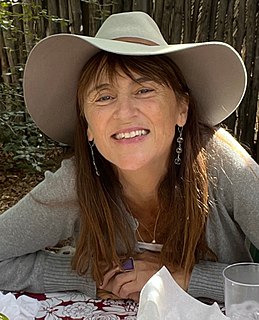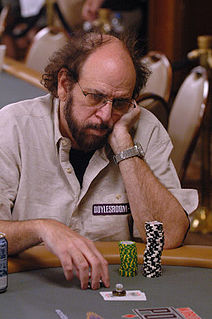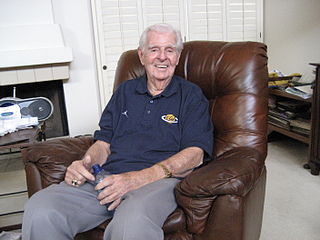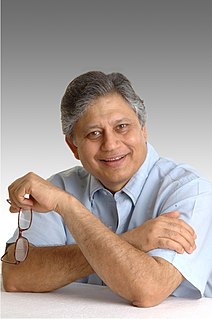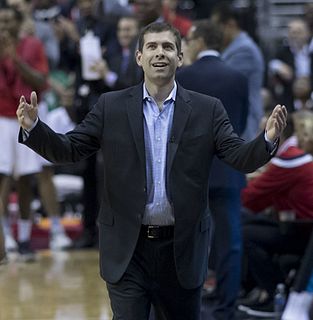A Quote by Maxwell Maltz
To change a habit, make a conscious decision, then act out the new behavior.
Related Quotes
A fixed habit is supported by old, well-worn pathways in the brain. When you make conscious choices to change a habit, you create new pathways. At the same time, you strengthen the decision-making function of the cerebral cortex while diminishing the grip of the lower, instinctual brain. So without judging your habit, whether it feels like a good one or a bad one, take time to break the routine, automatic response that habit imposes.
If there is one sweeping generalization I can make without fear of contradiction, it is that 'change' is the scariest word in the English language Nothing will change in our lives until we change our own behavior. Insight won't do it. Understanding why we do the self-defeating things we do won't make us stop doing them. Nagging and pleading with the other person to change won't do it. We have to act. We have to take the first step down a new road.
Change is the end result of all true learning. Change involves three things: First, a dissatisfaction with self - a felt void or need; second, a decision to change to fill the void or need; and third, a conscious dedication to the process of growth and change - the willful act of making the change, doing something.
The first step to forgiveness is the desire to do it, no matter how you feel toward the person who hurt you. Then you make the decision to do it which means it's a firm decision that won't change when your feelings change. The next step is to depend on the Holy Spirit to help you do what you've decided to do.
Sometimes, counter-intuitively, it's easier to make a major change than a minor change. When a habit is changing very gradually, we may lose interest, give way under stress, or dismiss the change as insignificant. There's an excitement and an energy that comes from a big transformation, and that helps to create a habit.





